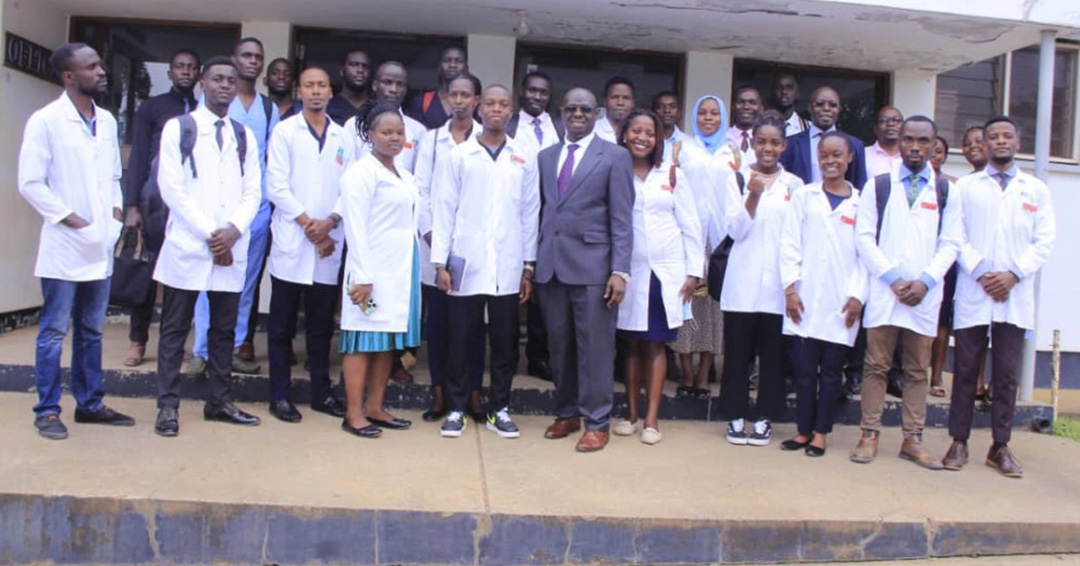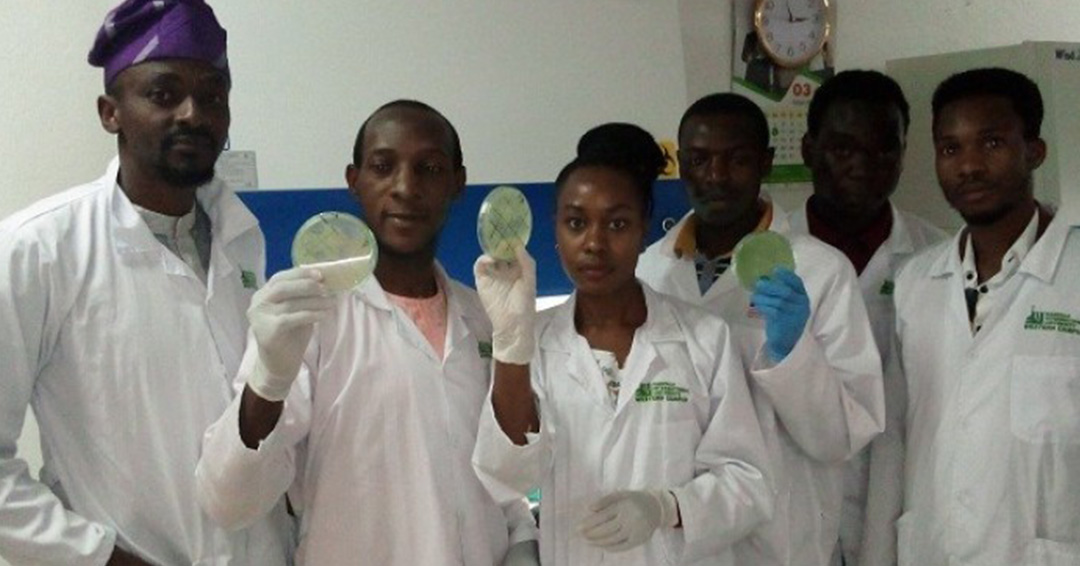
Sep
KIU Teaching Hospital Strengthens Partnership With Kitagata General Hospital
September 5, 2024, 9:40 am
 Administrator
Administrator

KIU, Western Campus – KIU School of Pharmacy is taking the lead in Phage Research, which relates to viruses that eat bacteria and aid in medical, food and environmental health.
The importance of phages is that despite other viruses, these are not harmful and they feed on bacteria which could have otherwise been harmful. They are used to develop novel, alternative microbials in the fight against antibiotic resistance.
They are naturally found in the environment and the hosts including humans, livestock, fish, poultry and plants, where several bacteria exist.
Under PhageTeam Uganda that comprises of Makerere, Kyambogo and Ian Clarke Universities as the other researchers, these institutions are exploring bacteriophages for the development of biocontrol agents for selected bacterial diseases in poultry, aquaculture, clinical settings and plants.
According to Ibra Ntulume, the leading researcher and trainer at KIU Western Campus, over a dozen pharmacy students are involved in phagework.
“I have given this research a lot of time through developing and teaching many pharmacy and Post-Graduate students about phagework and most have actually graduated,” says Ntulume, who is doing his Master’s Degree in Microbiology.
“Pharmacology Master’s students are working on phages for poultry feed bacterial infections and this phagework is the first of its kind in Uganda,” he adds.
Phages are in use in the United Kingdom, United States of America and Russia in clinical treatment and in other parts they are used in compassionate treatment.
The PhageTeam Uganda projects received funding from the Ugandan Government, Makerere University Research and Innovation Fund, the European Union Commission-African Union Commission Fund, the Carnegie Corporation through Makerere University Directorate of Research and Graduate Training, UNESCO/OWSD and the International Development Research Centre.
Photo: Collins Kakwezi
Kampala International University,
Box 20000, Ggaba Road, Kansanga, Kampala
+256-760 502660
+256-700 100808